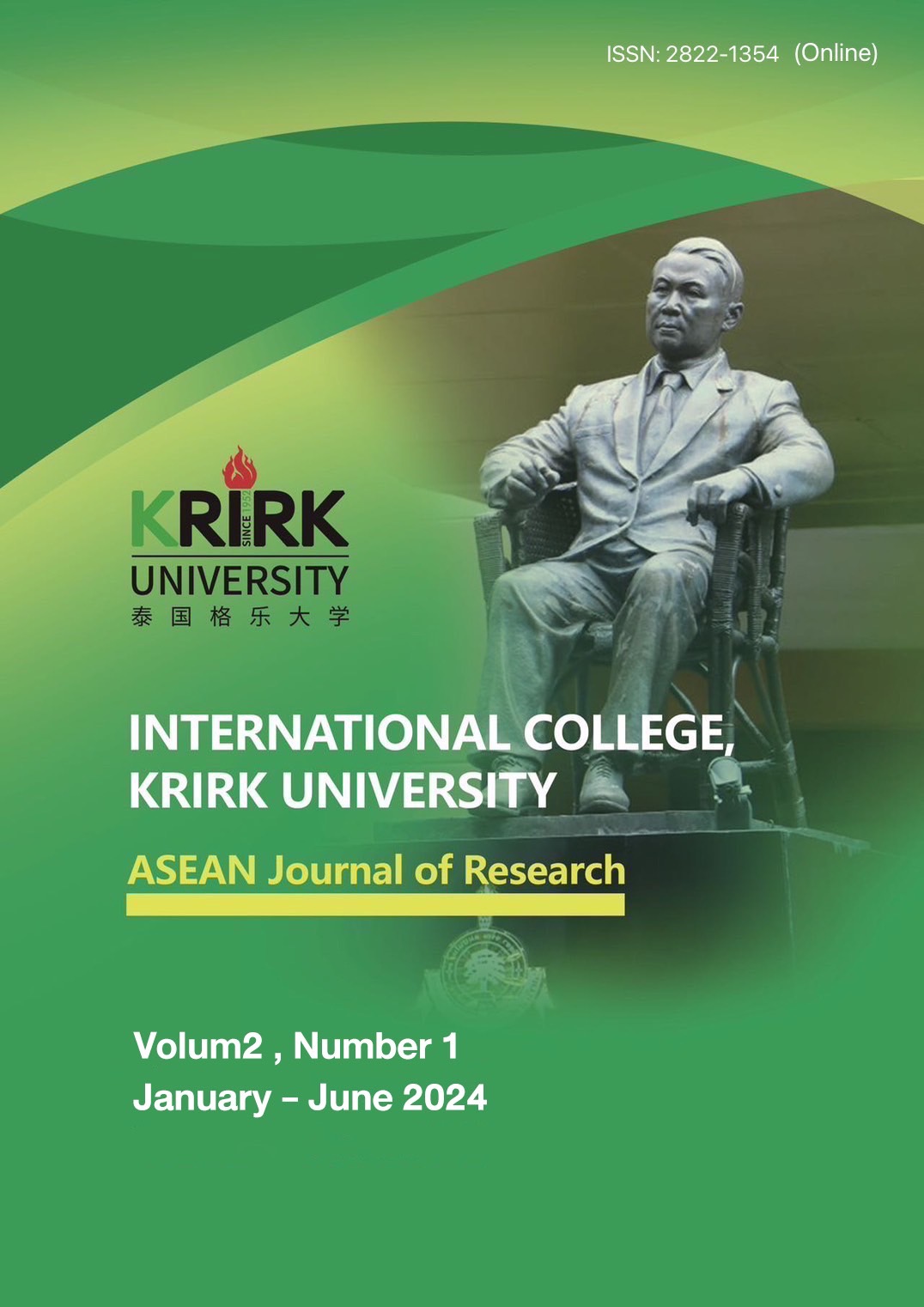In Defence of a 'Problem-Centric' Research Agenda for African Philosophy
Keywords:
African philosophy, problemcentric philosophy, African experience, social foundation/milieu, research agendaAbstract
Over the years, African philosophy has contentiously centred on the philosophical history of its existence, its possibility and effort by its protagonists to show a body of literature that can be representative models of a corpus of discourses that can be called African philosophy. There is little problem in this. However, not much has been offered as a body of philosophical inquiry that interfaces the existential problems and challenges of the African society of today. Today’s African is blighted with a plethora of problems in search of solution for her development and progress. It is in dire need of a problem-solving philosophy, one that this paper has called a “problem-centric philosophy.” The paper has relied on the articulations of Karl Popper that the philosopher should be a student of problems and not a student of subject matters. Consequently, it argues for a problem-centric approach and agenda for African philosophy; one that is hoisted on as well as goes beyond the existing African philosophy, one that we have called an “archaeological excavation” of philosophical elements from the intellectual chests of the African past. The new problem-centric philosophy we proposed is a refinement of existing African philosophy. This philosophy will be one that is built upon the contemporary social foundation and milieu of Africa such as suggested by the African Union. The conclusion is thus reached that an interdisciplinary approach with the social sciences and other fields of inquiries will be needed for doing a problem-centric African philosophy.
References
African Union (2023). Agenda 2063; The Africa we want, available at: https://au.int/en/agenda2063/overview.
Anyanwu, K.C. (1988). The African experience in the American marketplace. New York, NY: Exposition University Books.
Edeh, E. (1985). Towards an Igbo metaphysics. Chicago, Il: Loyola Press.
Falaiye, M. (2006). Philosophic sagacity and the problem of transmitting philosophic knowledge without writing: the Ekiti Yoruba experience, Hekmat va Falsafeh (Wisdom and Philosophy), 2(1), 45-59.
Gbadebo, M.D. (2021). Addressing the cultural enslavement of the African mind: the pedagogical imperative. The Nigerian Journal of Philosophy, 28(1), 154-160.
Gyekye, K. (1987). An Essay on African philosophical thought: the Akan conceptual scheme. Cambridge: Cambridge University Press.
Gyekye, K. (2004). Philosophy and human affairs, Journal of Philosophy and Culture, 1(1).
Hountondji, P. (1995). African philosophy: selected readings, London: Prentice Hall.
Iroegbu, I. (1995). Metaphysics: the Kpim of philosophy. Owerri: International University Press.
Jahn, J. (1958). Muntu: an outline of the new African culture. New York, NY: Grove Press.
Kant, I. (1781), The critique of pure reason. Translated by J. M. D. Meiklejohn, available at: https://www.gutenberg.org/files/4280/4280-h/4280-h.htm.
Kanu, I.A. (2014). The meaning and nature of African philosophy in a globalising world, International Journal of Humanities, Social Sciences and Education, 1(7), 86-94.
Mbiti, J.S. (1969). African religions and philosophy. Oxford: Heinemann.
Masolo, D.A. (1995). African philosophy in search of identity. Nairobi: East African Educational Publishers.
O’Connor, D.J. (1957). An introduction to the philosophy of education. London: Routledge & Kegan Paul.
Ogunmodede, F. (2005). On the historical evolution of schools in African philosophy, Journal of Philosophy and Culture, 1(2), 80-106.
Okolo, C. (1987). What is African philosophy? Enugu: Freeman’s Press.
Oluwole, S.B. (1999). Philosophy and oral tradition. Lagos: Ark Publications.
Oruka, H.O. (1991). (ed.) Sage philosophy: indigenous thinkers and modern debate on African philosophy. Nairobi: ACTS Press.
Osei, R. (2004). Issues in African philosophy, Journal of Philosophy and Culture, 1(1).
Popper, K. (1952). The nature of philosophical problems and their roots in science, The British Journal of the Philosophy of Science, 3(10), 124-56.
Tempels, P. (1995). Bantu philosophy, in Albert G. Mosley, ed., African philosophy: selected readings, Hoboken, NJ: Prentice Hall, Inc.
Uduigwomen, A.F. (1995). (ed.) Footmarks on African philosophy. Lagos: Obaroh & Ogbinaka Publishers Ltd.
Wiredu, K. (1980). Philosophy and an African culture, Cambridge: Cambridge University Press.
Wiredu, K, (1993). African philosophical tradition: a case study of the Akan, The Philosophical Forum: A Quarterly, 24 (1-3).
Wiredu, K. (2000). Our problem of knowledge: belief reflections on knowledge and development in Africa, in I. Karp, & D.A. Masolo, eds., African philosophy as cultural inquiry. Indianapolis, IN: Indiana University Press.
Downloads
Published
How to Cite
Issue
Section
License
Copyright (c) 2023 ASEAN Journal of Research

This work is licensed under a Creative Commons Attribution-NonCommercial-NoDerivatives 4.0 International License.
The Copyright belongs to the ASEAN Journal of Research




